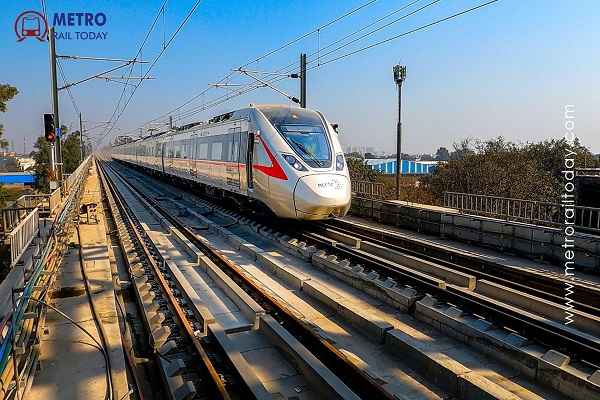 Mumbai needs RRTS beyond Metro Expansion to meet future Travel Demand: Ashwini Bhide
Mumbai needs RRTS beyond Metro Expansion to meet future Travel Demand: Ashwini Bhide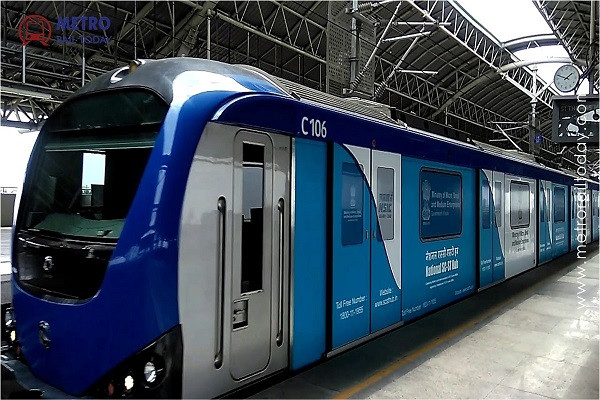 Jakson wins ₹163.7-crore E&M Works Contract for Corridor 4 of Chennai Metro Phase 2 Project
Jakson wins ₹163.7-crore E&M Works Contract for Corridor 4 of Chennai Metro Phase 2 Project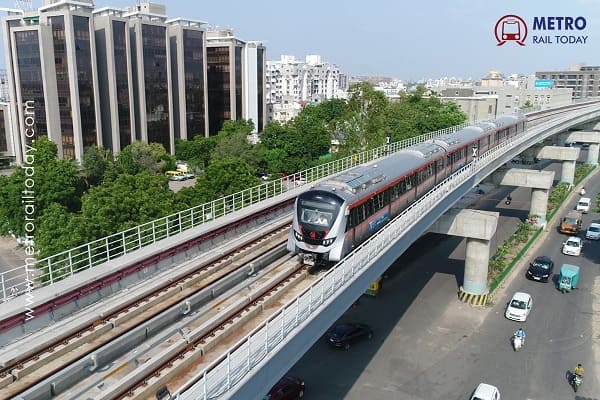 Titagarh Rail Systems roll out First ‘Made in India’ Driverless Train for Ahmedabad Metro Phase 2
Titagarh Rail Systems roll out First ‘Made in India’ Driverless Train for Ahmedabad Metro Phase 2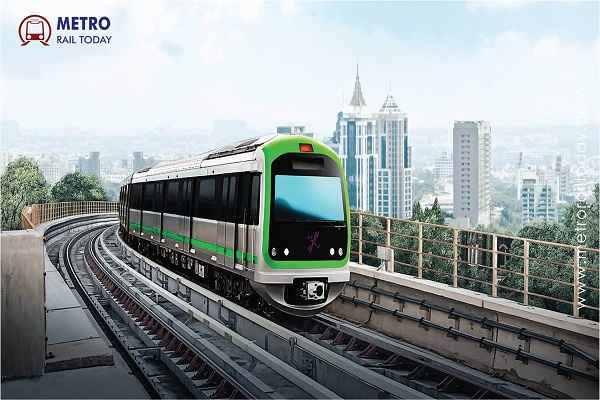 Aarvee Engineering bags DPR Consultancy Contract for 59.6-km Bengaluru–Tumakuru Metro Extension
Aarvee Engineering bags DPR Consultancy Contract for 59.6-km Bengaluru–Tumakuru Metro Extension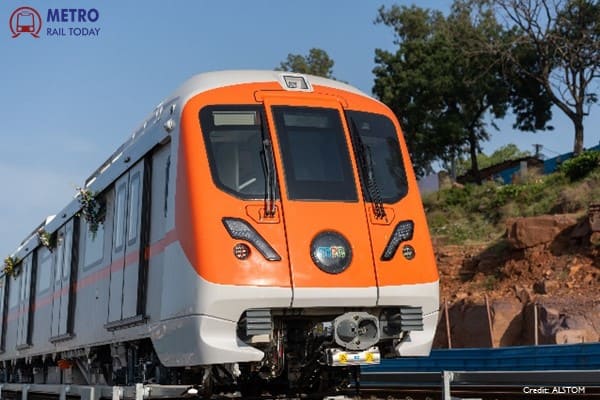 First priority corridor of Bhopal Metro inaugurated, India gets 20th city with modern MRTS network
First priority corridor of Bhopal Metro inaugurated, India gets 20th city with modern MRTS network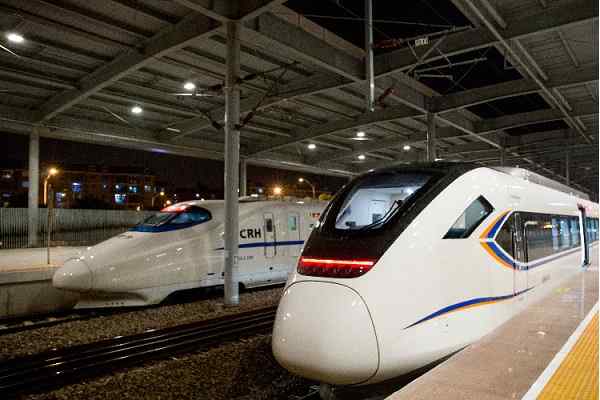 SCC–MIRAL JV bags ₹118.6 crore contract for Multimodal Integration at Bullet Train Stations
SCC–MIRAL JV bags ₹118.6 crore contract for Multimodal Integration at Bullet Train Stations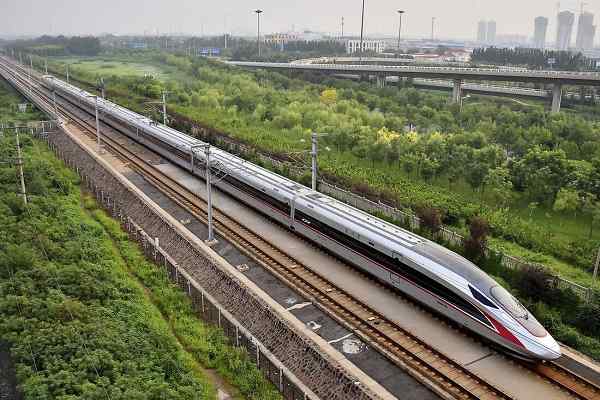 VinSpeed and Siemens Mobility join hands to develop Vietnam’s High-Speed Rail Network
VinSpeed and Siemens Mobility join hands to develop Vietnam’s High-Speed Rail Network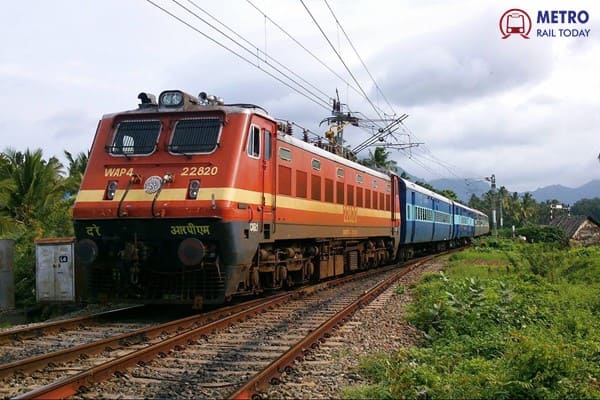 Titagarh Rail Systems Bags ₹273.24-Crore Rolling Stock Contract from Indian Railways
Titagarh Rail Systems Bags ₹273.24-Crore Rolling Stock Contract from Indian Railways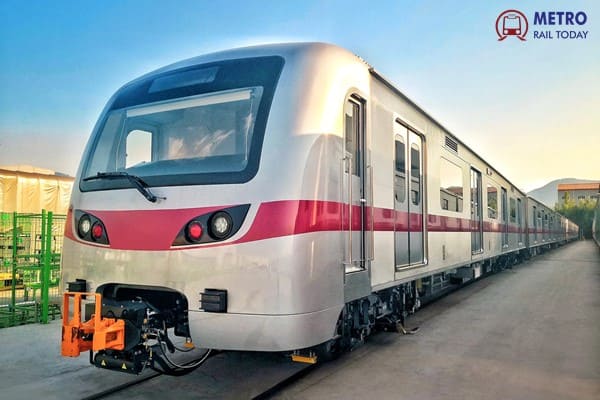 Metro Rail Transit Line (MRT-7): A New Way Forward for the North
Metro Rail Transit Line (MRT-7): A New Way Forward for the North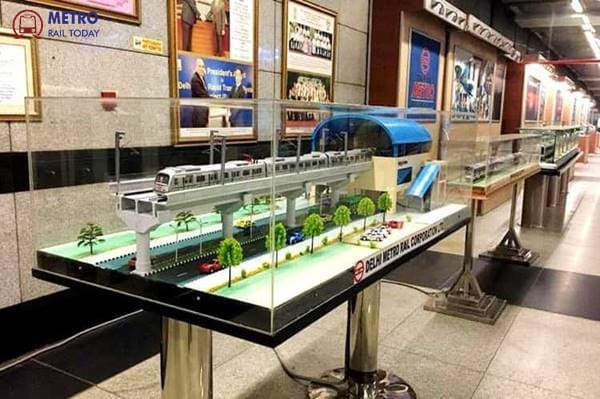 Delhi Metro inaugurates New State-of-the-Art Museum at Supreme Court Metro Station
Delhi Metro inaugurates New State-of-the-Art Museum at Supreme Court Metro Station
Maha Metro partners with IIT Kanpur to shield Nagpur and Pune Metro Systems from Cyber threats
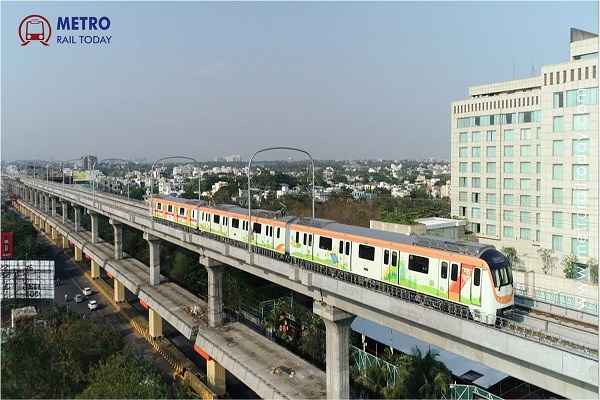
Nagpur, India (Metro Rail Today): In a first-of-its-kind initiative aimed at enhancing cyber resilience in India’s urban transit infrastructure, Maharashtra Metro Rail Corporation (Maha Metro) has signed a Memorandum of Understanding (MoU) with C3iHub, the Cyber Security and Cyber-Physical Systems Innovation Hub at IIT Kanpur. This strategic alliance will help safeguard critical digital systems across the Nagpur and Pune Metro networks from emerging cyber threats, including attacks on signalling, fare collection, and operational communications.
As urban transport systems across the country become increasingly dependent on integrated digital technologies, ensuring cybersecurity has become a national imperative. With this move, Maha Metro is positioning itself as a national leader in cyber-secure metro operations.
“Cybersecurity is no longer optional for modern metro systems — it is foundational to safety, reliability, and public trust,” said Mrs. Mamta Shah, MD & CEO of Urban Infra Group. “This collaboration marks a significant milestone in making Indian metros future-ready, smart, and secure.”
A National-Scale Academic-Industry Collaboration
C3iHub, a leading research centre at IIT Kanpur, is funded under the National Mission on Interdisciplinary Cyber-Physical Systems (NM-ICPS) by the Department of Science and Technology (DST). The hub specializes in vulnerability assessment, development of deployment-ready cybersecurity tools, and capacity building.
Under the MoU, C3iHub will:
-
Conduct vulnerability assessments of digital infrastructure in metro operations.
-
Co-develop cybersecurity tools tailored for metro applications.
-
Provide training to Maha Metro personnel on secure practices.
-
Facilitate technology transfer and industry-grade solutions.
-
Support startups working on scalable cyber-physical systems security.
Cybersecurity for Metro Systems: A Growing Need
As metro operations increasingly rely on automated fare collection systems, real-time train monitoring, and networked control systems, the risk of cyberattacks compromising safety, efficiency, and data privacy has grown. The Nagpur and Pune Metro systems are among the first in India to proactively tackle this challenge through structured institutional collaboration.
“This MoU will allow us to deploy best-in-class cyber defense mechanisms across our systems and build in-house capabilities to sustain and scale them,” said a senior Maha Metro official. “It is an essential step in future-proofing our digital infrastructure.”
Strategic Alignment with National Priorities
The partnership also aligns with broader national missions such as Digital India, Make in India, and Smart Cities, by embedding cybersecurity within India’s rapidly growing public transport networks. It sets a benchmark for other metro corporations and smart mobility initiatives to follow.
This initiative is expected to pave the way for more robust industry-academia partnerships in the realm of urban transport cybersecurity. As cities evolve and transport systems become smarter, integrating cybersecurity from the ground up will be crucial to ensuring safe and reliable public services.
With the implementation of this initiative, the Nagpur and Pune Metro systems will emerge as some of the most cyber-secure transit networks in India, setting a gold standard for safe, smart, and resilient urban mobility.




